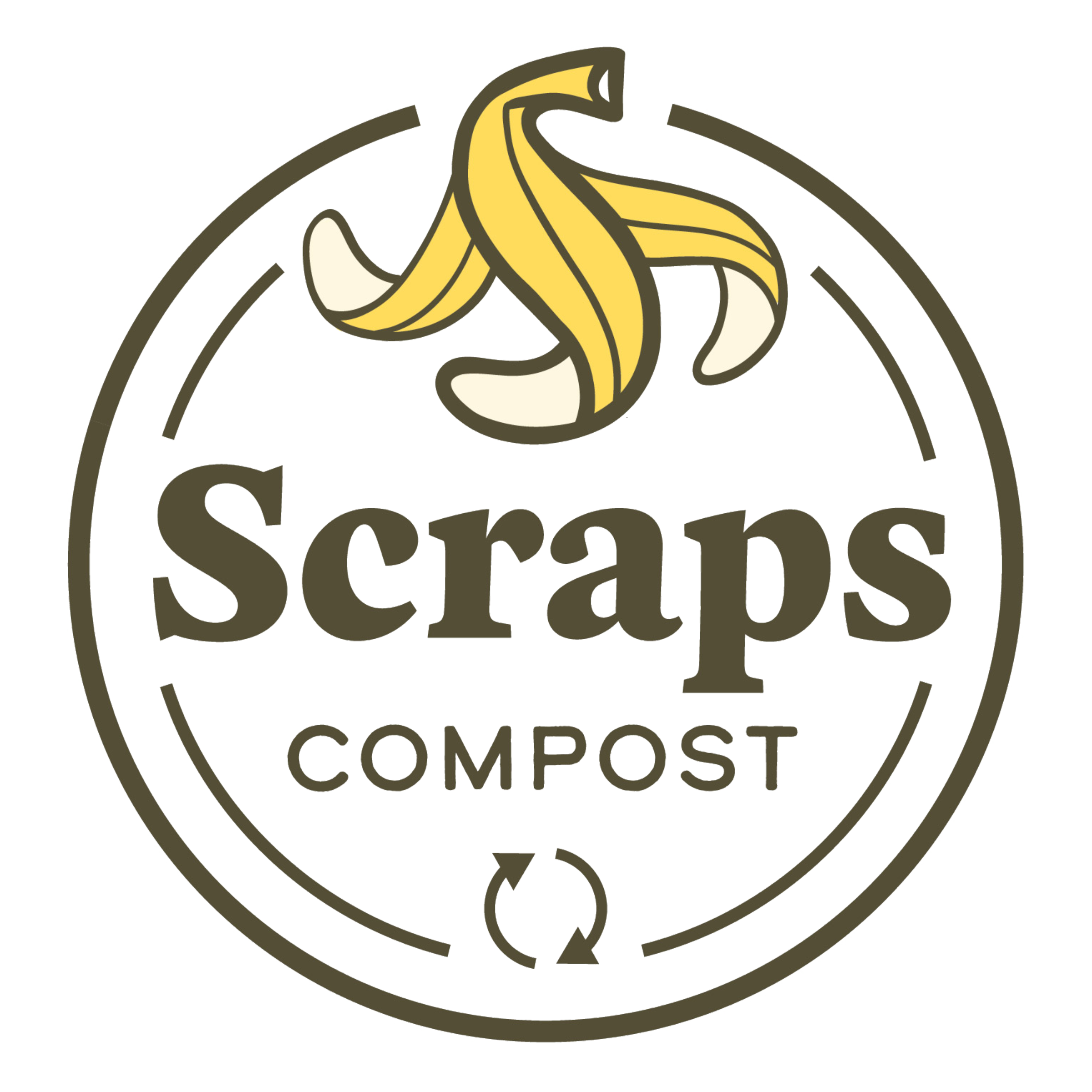Food Composting Has A Home In Your Home
Composting has become a crucial practice in the fight for a greener and more sustainable future, and its importance goes beyond large-scale operations to the very center of our communities: individual dwellings. Home composting has a huge impact on the environment and is essential for cutting waste, preserving resources, and promoting a more sustainable way of life. In this blog post, we’ll look at the importance of composting in residential settings and how people may help the environment without leaving their homes.
Waste reduction:
Every day, residential dwellings produce a lot of organic waste, such as food scraps, yard garbage, and yard clippings. This organic waste decomposes anaerobically in landfills, generating methane, a powerful greenhouse gas that hastens climate change. People who compost their own trash avoid putting it in landfills, which considerably reduces methane emissions and eases the load on waste processing facilities.
Composting offers the chance to convert food scraps and garden waste into nutrient-rich compost, a natural fertilizer that considerably raises the quality of the soil. Compost improves plant development, raises food yields, and promotes a healthy garden ecology by supplying the soil with vital nutrients. As a result, less chemical fertilizer is used, encouraging more environmentally friendly and sustainable gardening techniques.
Water Conservation:
Soil modified with compost has better water-retention qualities, making it more effective in retaining moisture. Residential homes can use less water by using compost in their gardens and landscaping, hence saving water. Composting is a practical way for homeowners to maximize water use and support water conservation initiatives as water shortage becomes a growing problem.
Reduced Carbon Footprint:
By composting at home, people take an active part in carbon sequestration, which is the process of removing and storing carbon dioxide from the atmosphere. Organic waste that has been composted sequesters carbon in the soil, reducing greenhouse gas emissions and advancing the cause of climate change. Composting in private houses is a straightforward practice that can have a cumulative impact and significantly advance global efforts to address climate change.
Community Building:
Composting at home promotes a sense of civic engagement and environmental stewardship. It builds community relationships and encourages teamwork for a sustainable future as neighbors exchange composting advice and resources. Initiatives for community composting, such neighborhood composting days or shared compost bins, unite individuals in the pursuit of environmental stewardship.
Composting offers a great educational opportunity, particularly for families with young children. Kids that participate in composting activities learn the value of resource conservation, trash minimization, and the interdependence of the environment as well as eco-conscious ideals.
Residential composting is an essential practice with broad environmental advantages; it is not just a passing fad. People may have a big impact on the environment directly in their own backyards by cutting trash, improving soil, saving water, and reducing carbon footprints. By actively participating in sustainability initiatives like composting, homeowners can encourage others to live more sustainably and serve as role models for their neighborhoods. Composting is a simple yet effective action that residential homes may take to create a more resilient and sustainable future for future generations. Our world will appreciate us for starting to compost, so let’s grab that compost bin, get our hands dirty, and get to work.

